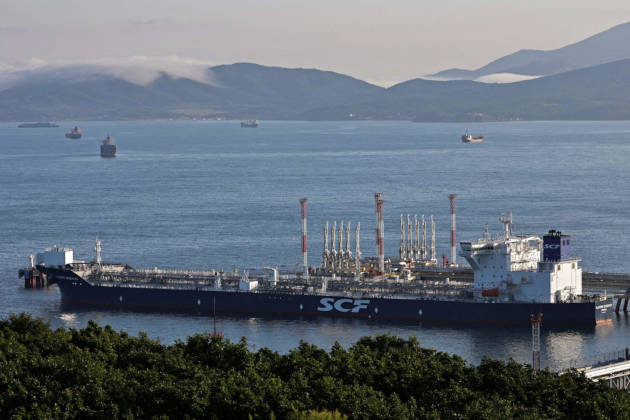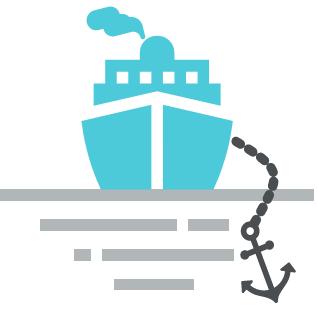Sovcomflot Alerts on Environmental Risks from Sanctions Targeting Russian Oil Tankers
Russia’s state-owned oil tanker company, Sovcomflot PJSC, has criticized Western sanctions targeting ships transporting Russian petroleum, claiming these measures are increasing environmental risks by pushing some vessels out of mainstream shipping routes. Since late last year, the US, European Union, and UK have escalated sanctions against Sovcomflot and other tankers considered part of a so-called “shadow fleet.”
Sovcomflot has distanced itself from these shadow-fleet ships, insisting it follows the highest safety standards. However, the company argues that sanctions have penalized responsible shipping companies, leading to a decline in maritime safety as well-maintained vessels are forced out of trade. According to Sovcomflot, this shift has “severely escalated major environmental risks for the world’s oceans.”

Source: REUTERS/Tatiana Meel/File Photo
Western authorities allow the transportation of Russian crude oil only if it is priced at $60 per barrel or less, aiming to limit Russia’s energy revenues, which fund its military actions in Ukraine. If traders move oil at higher prices, they are banned from using Western services like shipping and insurance, reducing access to industry-standard vessels and coverage.
Despite sanctions blacklisting many of Sovcomflot’s tankers, the company has managed to return several vessels to service, with shipments increasing in August and expected to grow further in September.
Shadow-fleet ships, often managed by untraceable shell companies, operate without industry-standard insurance and fly flags from countries with poor maritime safety oversight. This has raised concerns about the environmental and operational risks these vessels pose, particularly in busy shipping lanes like the Danish and Turkish straits, which handle millions of barrels of Russian oil each month.
In May, German insurance company Allianz SE estimated that the shadow fleet, which also carries oil from Iran and Venezuela, had been involved in at least 50 incidents, including fires, engine failures, collisions, and oil spills. The costs of these incidents often fall on governments or other vessels’ insurers involved in the accidents.

